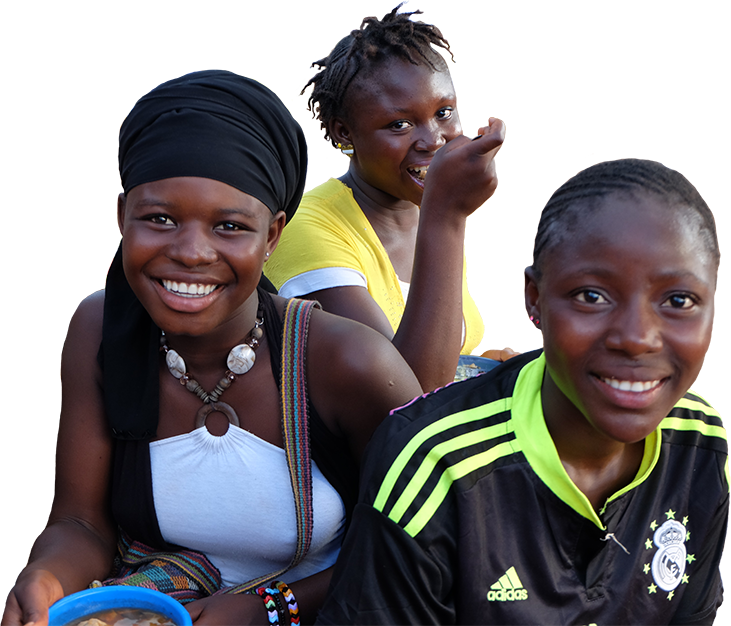Adolescents are uniquely positioned to contribute to the design and delivery of effective programs and services. Policymakers, program managers, and service providers need to include adolescents as much as possible when designing, planning, implementing, delivering, and monitoring youth-responsive nutrition programs and services. If you have examples of policies, programs, services, guidance, evidence, and tools related to the engagement of adolescents in the design, implementation, delivery or evaluation of nutrition programs and services, please send them to info@advancingnutrition.org.
We found 57 resource(s)
Improving Adolescents’ Food Choices: Learnings from the Bhalo Khabo Bhalo Thakbo (“Eat Well, Live Well”) Campaign in Bangladesh
Journal Article published by Emergency Nutrition Network (ENN) in
The Bhalo Khabo Bhalo Thakbo campaign was a nationwide initiative launced by the government in collaboration with GAIN to promote adolescent engagement to improve the consumption of healthy meals by utilizing social media.
Adolescent Girl Power Groups in Bangladesh: Placing Gender Equality at the Center of Nutrtion Interventions
Journal Article published by Emergency Nutrition Network (ENN) in
The article presents the impact of Adolescent Girl Power Groups (AGPGs) promoted by a multi-year maternal and child health and nutrition project in Thakurgaon district, Bangladesh. The AGPG intervention resulted in improved nutrition practices and in shifting gender power dynamics at household and community levels.
Formative Research Guidance for Adolescent Nutrition
Guideline/Guidance published by USAID Advancing Nutrition in
USAID Advancing Nutrition developed this guidance outlining key considerations for conducting formative research on nutrition behaviors with adolescents. Involving adolescents in designing programs and efforts to inform policy empowers them to make decisions about their own well-being and ensures the applicability of results in communities.
State of the World's Children (SOWC) 2019 Adolescents' Workshop Manual and Nutrition Specialist Field Guide
Training Material published by UNICEF, Western Sydney University in
In 2019, UNICEF, in partnership with Western Sydney University, conducted a series of workshops with adolescents to learn about how they perceive, access, and consume food. The facilitator's manual outlines the process that in-country partners followed to organize and implement the workshops, and includes planning checklists, activities,…
Family influences on health and nutrition practices of pregnant adolescents in Bangladesh
Journal Article published by Academic Journal in
This resource includes a brief summarizing key findings from qualitative research with pregnant adolescents in Bangladesh focused on prenatal care and nutrition practices, as well as a peer-reviewed publication based on the in-depth interviews. Interviews were conducted by trained peer interviewers with pregnant adolescents, adolescent mothers,…
Fix My Food: Children's Views on Transforming Food Systems
Guideline/Guidance published by Young and Resilient Research Centre, UNICEF in
In 2021, UNICEF partnered with the Young and Resilient Research Centre at Western Sydney University to host participatory workshops with adolescents in 18 countries around the world on their perspectives on food systems, including the barriers and challenges to attaining nutrition food and how they want food systems to change. The key insights and…
Investing in the Now and the Future
Brief published by Save the Children in
This brief makes the case for prioritizing adolescent health and nutrition, sets out recommendations for implementing a gender-transformative, adolescent-responsive approach, and provides model commitments governments can make to develop adolescent-responsive health and nutrition systems.
Study Brief: People-Driven Social and Behavior Change Design
Brief published by Save the Children in
The biref summarizes key findings from the Better Investment for Stunting Alleviation project undertaken in two districts in Indonesia. The project aimed to reduce stunting by improving the nutritional status of adolescent girls, pregnant and lactating women, women of reproductive age, and children under the age of two in the selected districts.…



